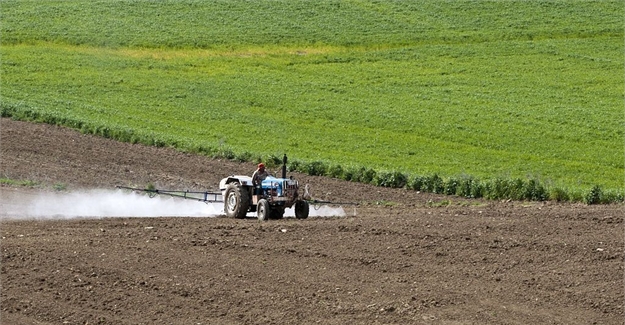But the report adds that the use of PPP could be reduced through soil-specific measures such as the reduction of runoff by improving soil structure or preserving plant residues and measures such as vegetated buffer strips or constructed wetlands. “Crop rotations that include phases such as pastures that require little or no PPP application also reduce overall usage,” notes the report.
The report was based on a review conducted by the Intergovernmental Technical Panel on Soils (ITPS) of scientific papers and reports with a focus on assessments of impacts of plant protection products on soil organisms.
Daniel Pennock, chairman of the ITPS of the FAO, tells SciDev.Net that sustainable soil management is of significance but only if the implemented practices reduce the amount of PPPs applied to soils while maintaining plant production levels.
“Research is needed in addressing this issue in the region because many soils in Africa have low levels of organic matter and clays that are not as chemically active as in other regions,” explains Pennock. This may lead to higher rates of pesticide transport to air and water.”
Identifying research gaps in pesticides use and impacts
Jane Ambuko, a senior lecturer and head of horticulture, Faculty of Agriculture, University of Nairobi, Kenya, calls on African governments, institutions, and policymakers to create initiatives and capacity building programmes to help identify research gaps in pesticides use and impacts. For instance, she says, a well-designed scientific research on PPP in representative African soils should be carried out to address pesticide fate in African farming systems.
“More importantly, studies on integrated pest management appropriate for African conditions should be supported and completed so that environmentally sound and socially acceptable method of pest control can be developed, which may or may not have a place for PPP,” Ambuko noted.
She adds that research on PPP and integrated pest management are of direct benefit to farmers if crop losses due to pests can be minimised and higher yields of crops are produced.








